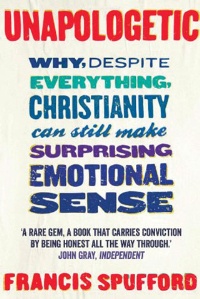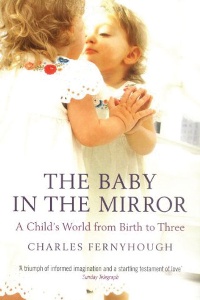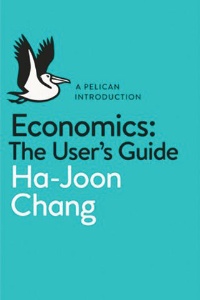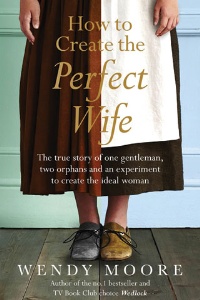
Sir David Bell, vice-chancellor, University of Reading, is reading Francis Spufford’s Unapologetic: Why, Despite Everything, Christianity Can Still Make Surprising Emotional Sense (Faber, 2013). “If apologetics is the discipline of defending Christianity, then Spufford provides a distinctive 21st-century version. He seeks to wrong-foot the Richard Dawkinses of this world by arguing that God is encountered through feelings and emotions. Bracingly, too, he is open to the possibility that God might not exist at all. For atheist or Christian, or spaces between, this is an offbeat and thought-provoking book.”

Helen Butler, academic registrar, Hartpury College, is reading Charles Fernyhough’s The Baby in the Mirror: A Child’s World from Birth to Three (Granta, 2009). “This engagingbiography of the author’s daughter, Athena, wears its learning lightly. Weaving vignettes of family life through discursions on child development, he shows the lay reader how a baby develops its capacities, memories and emotions, and considers the thorny question of how that baby might react to finding herself the subject of a study when ‘She is nine, or nineteen…’ ”

Martin Cohen, editor of The Philosopher, is reading Ha-Joon Chang’s Economics: The User’s Guide (Pelican, 2014). “Chang Tzu (meaning ‘Master Chang’) is a great critic of our existing economic system, and why not. His earlier foray into the myths of capitalism fell flat, I thought, but this time his personal crusade and expert knowledge really seem to have come together, with a nice light touch and plenty of puns. Most enjoyable.”

Sara Read, lecturer in English, Loughborough University, is reading Wendy Moore’s How to Create the Perfect Wife: The True Story of One Gentleman, Two Orphans, and an Experiment to Create the Ideal Woman (Phoenix, 2013). “Moore sets out the extraordinary true story of how 18th-century eccentric Thomas Day, after being rejected in love, decided to take two orphans from the care of the Foundling Hospital into his household to train according to his Rousseau-influenced idea of the ideal wife. The treatment the girls suffered at his hands was often brutal, and it is staggering that Day’s cohort looked on without directly intervening. Moore’s fluent writing makes this story a compelling read.”

Mark Stevenson, senior lecturer in computer science, University of Sheffield, is reading John Williams’ Butcher’s Crossing (Vintage Classics, 2013). “Like many other readers of these pages I read Williams’ Stoner, which inspired me to read his other works. Butcher’s Crossing is set in the Wild West and tells the tale of a mismatched trio’s expedition to make their fortune from buffalo hides. The straightforward story brings in themes of adventure, self-discovery, greed and resilience. As engaging a read as Stoner and highly recommended.”
Register to continue
Why register?
- Registration is free and only takes a moment
- Once registered, you can read 3 articles a month
- Sign up for our newsletter
Subscribe
Or subscribe for unlimited access to:
- Unlimited access to news, views, insights & reviews
- Digital editions
- Digital access to THE’s university and college rankings analysis
Already registered or a current subscriber?